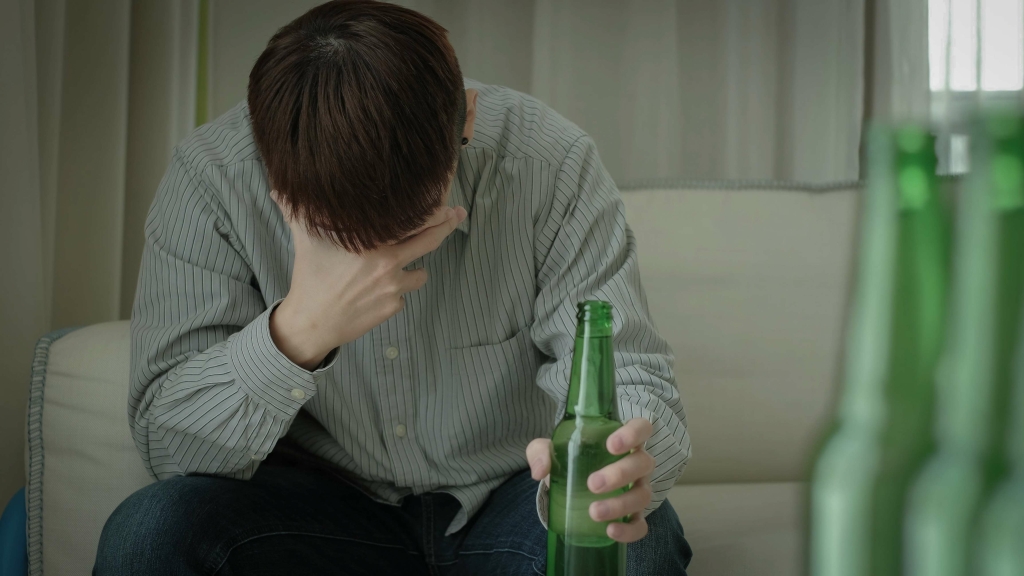The medication and treatment plan your healthcare providers recommend can depend on several factors, such as the type of substance you’re using, your health status, and the goals of treatment. Early sobriety may come with feelings of fatigue and the stress of dealing with challenges (people, places, and things that stimulate the urge to use). It’s impossible to know how you’ll react and how your life will change when getting and staying sober. One may go to rehab, a detox center or engage a sober companion to start.
What Are the Most Treated Addictions?
For more severe addiction issues, healthcare professionals may suggest inpatient care, which requires you to live onsite at the hospital or facility for the duration of treatment. Residing in sober living homes increases the likelihood that recovering alcohol and substance abusers remain sober. While most sober living homes are for short-term stays of less than a year, some provide longer-term options. One of the biggest obstacles people face in maintaining sobriety is getting through events and holidays where alcohol and other party drugs are going to be present. As these occasions can also put people around you who may also bring up old triggers, it’s important that you have a game plan and learn how to get through the holidays while in recovery.
How Can Relapse be Prevented Once Sobriety Has been Achieved?
Some are structured in programs, such as the 12-step approach used by Alcoholics Anonymous and similar addiction recovery programs. While both sobriety and abstinence can positively impact mental health, sobriety often involves a deeper engagement with mental health issues. It includes actively working on emotional well-being, seeking therapy or counseling, http://paseka.su/books/item/f00/s00/z0000016/st043.shtml and developing coping strategies for mental health challenges. Abstinence may not necessarily involve this level of mental health engagement. Yes, individuals using Medication-Assisted Treatment (MAT) can be considered sober. MAT is a legitimate medical treatment for addiction, involving medications that help manage cravings and withdrawal symptoms.
What NOT to Say to Someone in Recovery

In the past, people believed that you had to “hit bottom” before you could successfully recover. If you can find the motivating factors, you don’t need to lose everything before you recover from addiction to alcohol or drugs. People in recovery from a substance use disorder frequently have problems meeting work-related responsibilities, maintaining employment, and managing money. If you were active in your addiction for a period of time, you may have developed financial problems. Research shows that if you maintain these types of toxic relationships, your chances of relapsing are greater.
- While abstinence is certainly a major part of the sobriety journey for most people, this definition fails to encompass the full meaning of sobriety for people who are recovering from drug or alcohol addiction.
- For many people with a substance use disorder, it’s simply a matter of never having learned the appropriate way to manage anger.
- This is most likely to occur in programs that provide services and therapies based on research.
- Chronic addiction causes functional and structural changes in the brain.
To help clients manage that usage, addiction treatment centers are careful to teach coping skills and provide them with support networks that they can access if they need help protecting their long-term recovery. If you want to be sober and recover from addiction, this means not using any substances, including alcohol, marijuana, cocaine, prescription drugs, etc. You cannot achieve http://www.chemicals-el.ru/chemicals-216-1.html sobriety if you’re still using drugs or alcohol in any capacity. The more strategies you learn to identify triggers, cope with stress, and manage your new sober life, the easier it is to prevent relapse. For alcohol use disorder, medications like naltrexone and acamprosate are evidence-based treatment options that may help patients reduce harmful drinking or achieve abstinence.
It’s vital to note that this does not apply across all drug categories — having one beer might be easier to manage than a heroin habit. Alcoholics Anonymous or Narcotics Anonymous groups help people struggling with substance abuse and addictions. Connecting with other people who are experiencing the same challenges as you can be comforting https://junna-moric.ru/bolezni-i-travmy/dieta-pri-oki-u-detej.html and helpful. However, outpatient treatments allow patients to live at home during the process of becoming sober. This enables patients to continue working, going to school, or completing family responsibilities. “Sobriety” is a word whose 12-step misuse now pervades our entire culture, along with ruining addiction treatment.